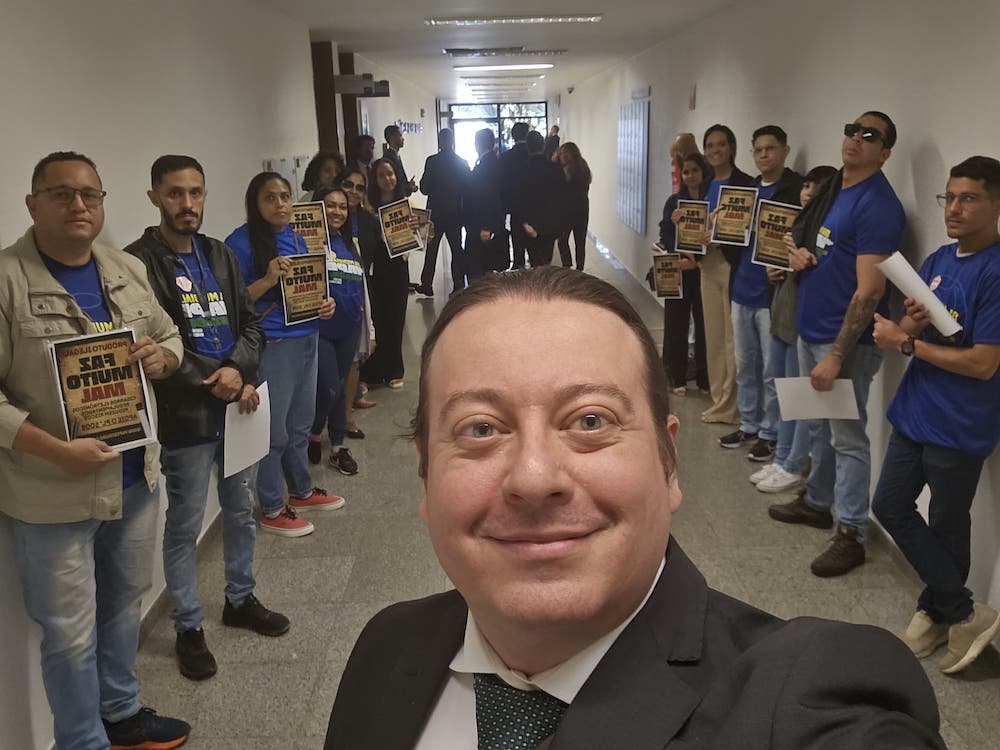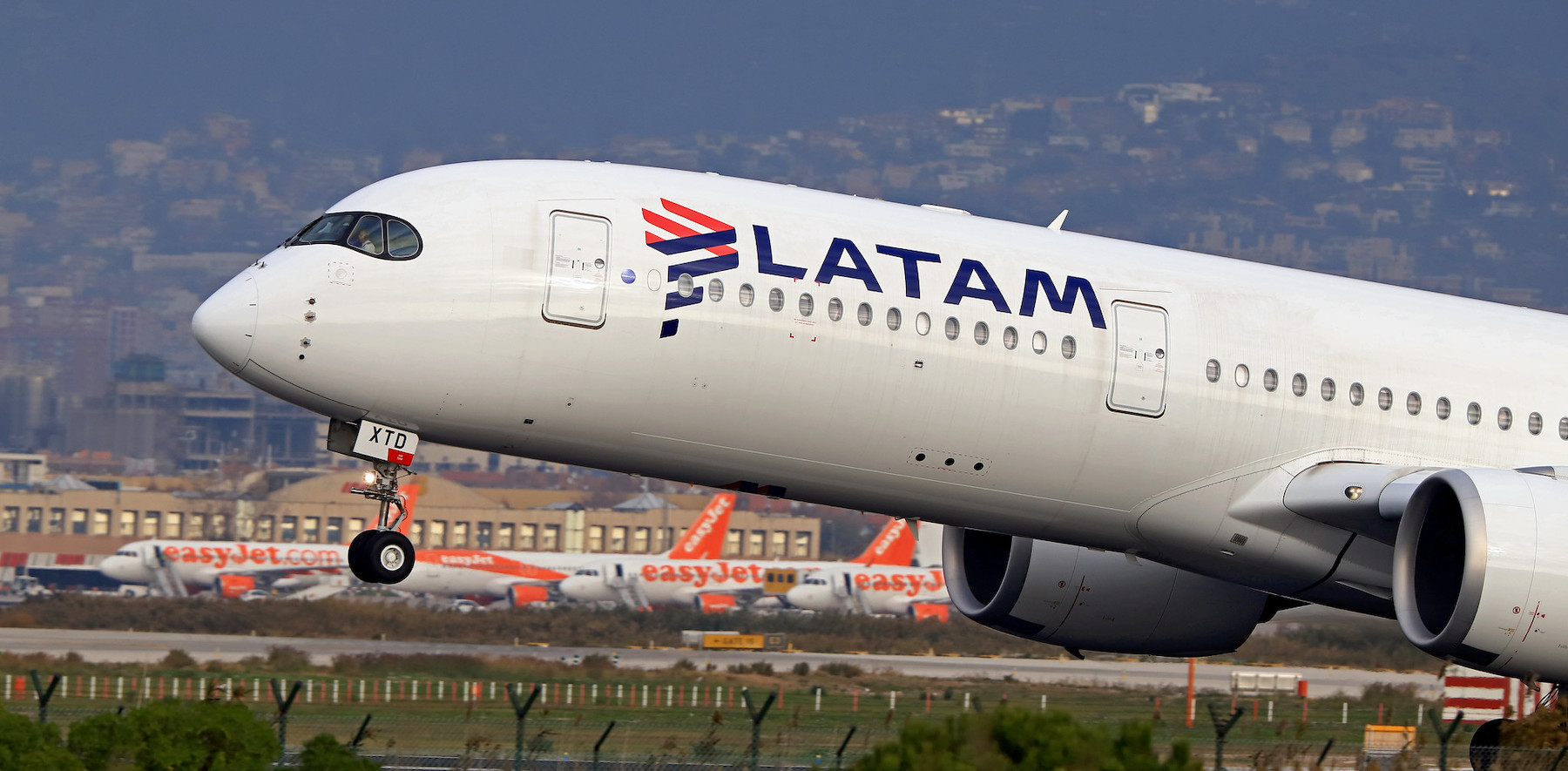In late July, a speech therapist and public university professor in Campina Grande, Brazil, was about to catch a domestic flight to Salvador. To his shock, he was pulled up by airport security and ordered to surrender his nicotine vape.
“I felt affected financially, since I had bought the device to use on the trip and it was new,” RNB, who requested that his full name be withheld, told Filter. “There was also moral embarrassment as I was called out in front of other people, and anger and sadness at the persecution of vape users.”
A global, coordinated tobacco control network has resulted in policies being imitated. Perhaps the best known example is New Zealand’s controversial generational ban on cigarette purchase, which, despite being revoked there over various concerns, has found its way onto the agenda of the United Kingdom and other Western nations.
But cross-pollination of tobacco control measures is most prevalent in the Global South, where a lack of robust local research to guide policymaking helps international prohibitionist groups wield greater influence. This is especially true around novel nicotine products, with India, Mexico, Taiwan and Brazil among countries to pass similarly worded laws, along with policies that squeeze citizen freedoms.
What might sound a minor inconvenience is far more than that to a traveler who has switched from cigarettes, due to arrive in a place where vapes might not be readily available. Cigarettes are always available.
Prohibiting passengers from carrying vapes on flights, despite personal use not being banned by the country in question, is one egregious example. What might sound a minor inconvenience is far more than that to a traveler who has switched from cigarettes, and is due to arrive in a place where vapes might not be readily available. Cigarettes are always available.
Brazil recently attempted this policy. But authorities hastily rescinded it after loud, sustained complaints from nicotine consumers and tobacco harm reduction advocates.
The template emerged five years ago in India. The text of the country’s 2019 vape prohibition bill omitted to mention that personal use and possession of vapes is not a crime—by the government’s own admission, such a ban would not hold up in courts—though external assurances were issued that use would not be prosecuted. A month later, however, the Indian aviation authority barred vapes on flights, citing the new law. The issue has been stuck in courts since.
Brazil has banned the sale and importation of vapes since 2009. In late 2023, after two years of deliberations, the national health regulatory agency, ANVISA, announced it would hold public consultations on amendments to the prohibition, mainly updating the wording, even as the Senate was deliberating on a bill to regulate vapes.
People who vape in Brazil were exasperated.
“ANVISA ignored science and the wishes of Brazilians, maintaining the ban on e-cigarettes while over 80 countries have embraced tobacco harm reduction and allow controlled sales of vaping devices,” Alexandro Lucian, a Brazilian consumer activist and researcher, told Filter. “This harms millions of e-cigarette users and prevents over 20 million smokers in Brazil from having access to safer nicotine products.”
Like in India, just one month later and despite the assurances, Brazil’s aviation authority, ANAC, imposed a total ban of vapes on flights.
Lucian is the president of DIRETA, a nonprofit representing Brazilian vapers. The group has been protesting against ANVISA’s anti-vaping stance since 2022, when it launched an online petition signed by 10,000 people. It also held protests outside ANVISA’s office during public consultations held in December and February, calling the new regulatory text “flawed and open to misinterpretation.” The protests gained substantial media attention.

Lucian with fellow protesters at Brazil’s Senate
Facing mounting pressure, ANVISA Director Daniel Pereira stated during a public consultation, “It is important to clarify that the proposed rule does not aim to criminalize the use of these products, but to maintain the prohibition of economic activities.” ANVISA later outlined these supposed consumer protections on its website before approving the new text in April.
But like in India, just one month later and despite the assurances, Brazil’s aviation authority, ANAC, imposed a total ban of vapes on flights, citing the new ANVISA text.
ANAC had previously followed the international norm of allowing vaping devices in carry-on luggage. It noted the change on its website on May 8, though communication to airports and airlines was inadequate, which resulted in haphazard implementation and harassment of unsuspecting vape users.
RNB, whose vape was confiscated by airport security in Campina Grande, said he was completely unaware of the new rule. He attempted to argue with the officials, but in vain. Other vape users told Filter of experiencing similar confiscations at certain airports.
While some vented on social media, Lucian used Brazil’s formal right to information channels to seek a clarification from ANAC.
The aviation authority responded in early July, stating, “Electronic smoking devices powered by batteries cannot be transported on aircraft, in checked baggage nor in hand luggage, in accordance with the new rules.”
Lucian and his colleagues pressed ANAC further, with more social media posts and another request—this time pointing out the discrepancy with ANVISA’s assurance that personal use of vapes is not prohibited.
On July 16, three months after imposing the ban, ANAC responded by communicating the reversal of its decision: “We clarify that the delay in dealing with this issue was mainly due to a process of harmonizing understanding with ANVISA, which resulted in a change of view. The devices are now permitted to be transported as hand luggage.”
The U-turn, ANAC said, was in response to “numerous complaints from passengers, widely shared on social media.”
ANAC later updated its website, and confirmed its U-turn in response to an email query from Filter. “The national civil aviation agency has authorized the transport of electronic cigarettes on all domestic flights in Brazil, allowing them to be carried as hand luggage,” it said.
The decision, it continued, was in response to “numerous complaints from passengers, widely shared on social media, who were being prevented from boarding with their devices at airports such as Rio de Janeiro and Campo Grande.”
Asked whether ANVISA’s decision to publish a poorly written text, despite warnings it could be misapplied, was deliberate or due to incompetence, Lucian said, “I can only speculate, but it seems they chose the wording carefully and tried to indirectly ban use and possession of vapes, waiting to see if consumers and the society react. ANAC’s decision to correct its error is a victory, but many people lost products that had helped them quit smoking, and some may have been forced to return to cigarettes.”
Lucian also pointed to the role of international nonprofits such as Bloomberg Philanthropies and its partner, the Alliance for Tobacco Control (ACT). He estimates that ACT has received up to $3.75 million in funding for anti-vaping efforts in the country. Brazil is among the top few priority nations in Bloomberg’s latest call for grants, which includes up to $400,000 in funding to “support the maintenance of Brazil’s ban on e-cigarettes.”
Consumer wins like this one can energize efforts elsewhere.
This highlights the immense funding gap between anti-vaping advocacy groups and volunteer-run consumer organizations like DIRETA. Consumer organizations are routinely smeared as industry front groups, despite DIRETA “choosing to not accept money from the tobacco industry,” according to Lucian.
But consumer wins like this one can energize efforts elsewhere.
“The reversal of the flight ban policy in Brazil is to be welcomed, and can be instrumental in persuading the Indian judiciary about the illegality of harassing e-cigarette users at airports when use is not prohibited,” senior counsel Dr. Farrukh Khan told Filter. Khan has filed petitions to the Delhi High Court, on behalf of two vapers, in a bid to revoke India’s flight ban.
Brazilian advocates face a long road ahead, however. “In a context where regulation often blurs into authoritarianism, ANAC’s decision appears to be a response to popular dissatisfaction,” Claudio Teixeira, the editor of Brazilian online magazine Vaping Today, told Filter. But he questioned “whether this represents a true victory or merely a superficial concession, while failing to address the deep disconnect between health policies and the real needs of consumers.”
The country, he said, is experiencing “a growing wave of scientific denialism, fuelled by a moral-religious capitalist bureaucracy infiltrating various sectors of public administration.”
Brazilian consumers’ ultimate goal is to end the ban on vape sales. They’re now rallying behind the Senate bill that proposes regulating these harm reduction options.
Top photograph by Victor via Flickr/Creative Commons 2.0. Inset photograph courtesy of Alexandro Lucian.





Show Comments